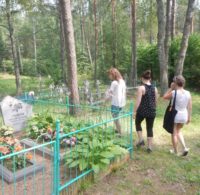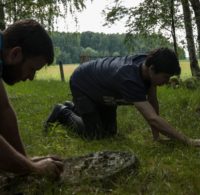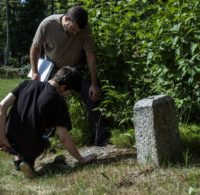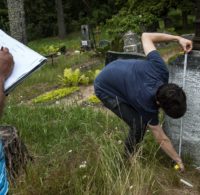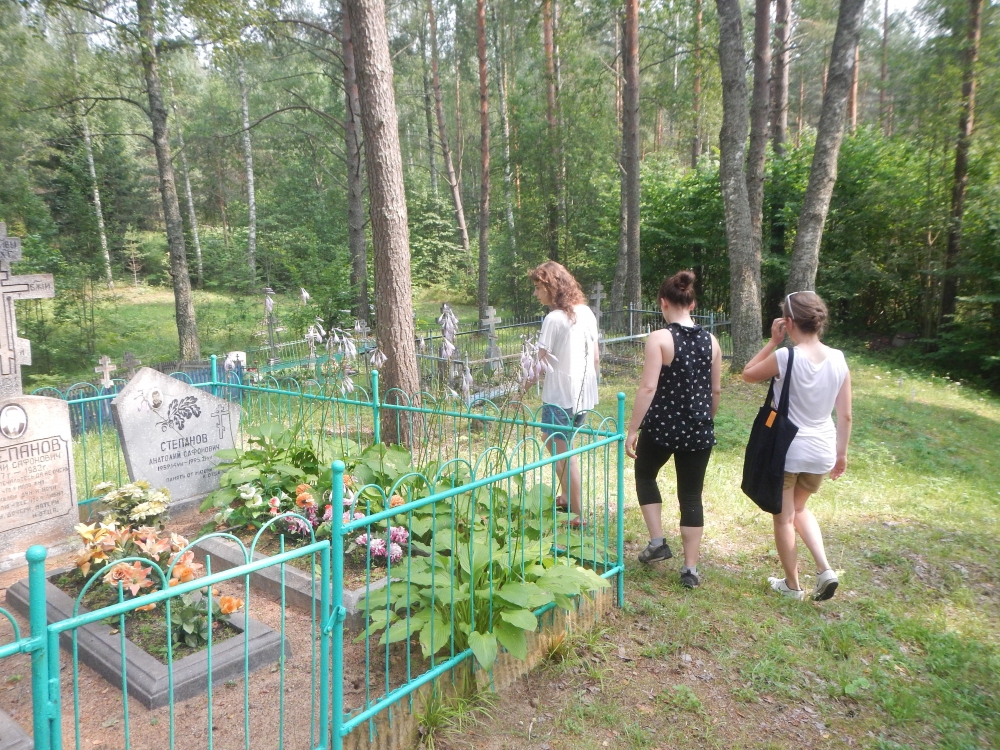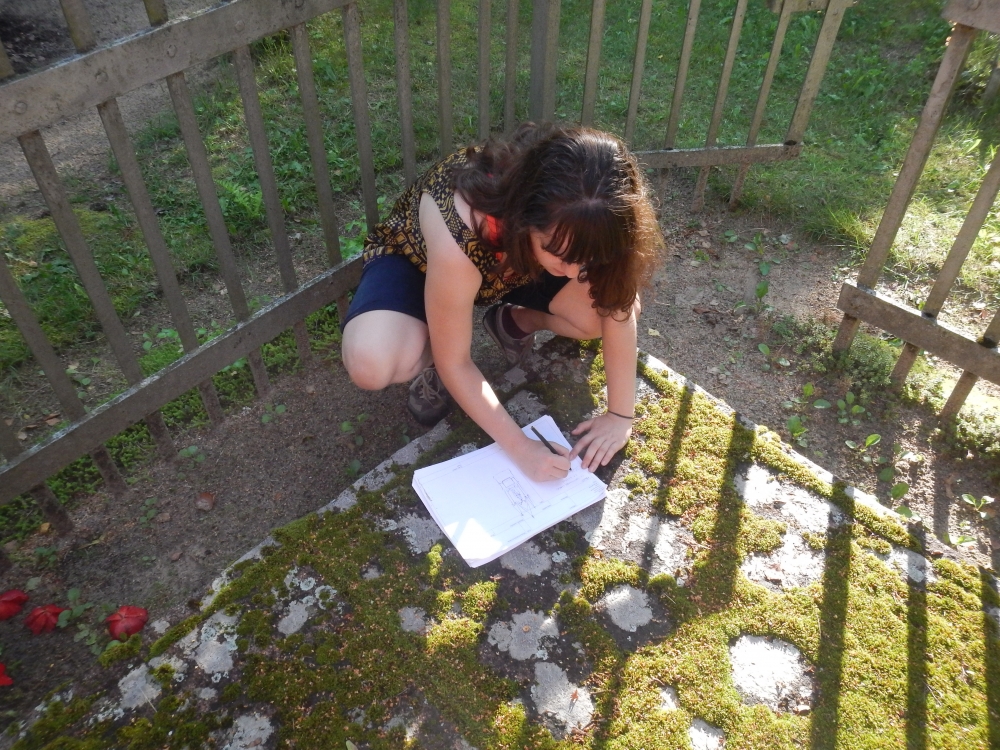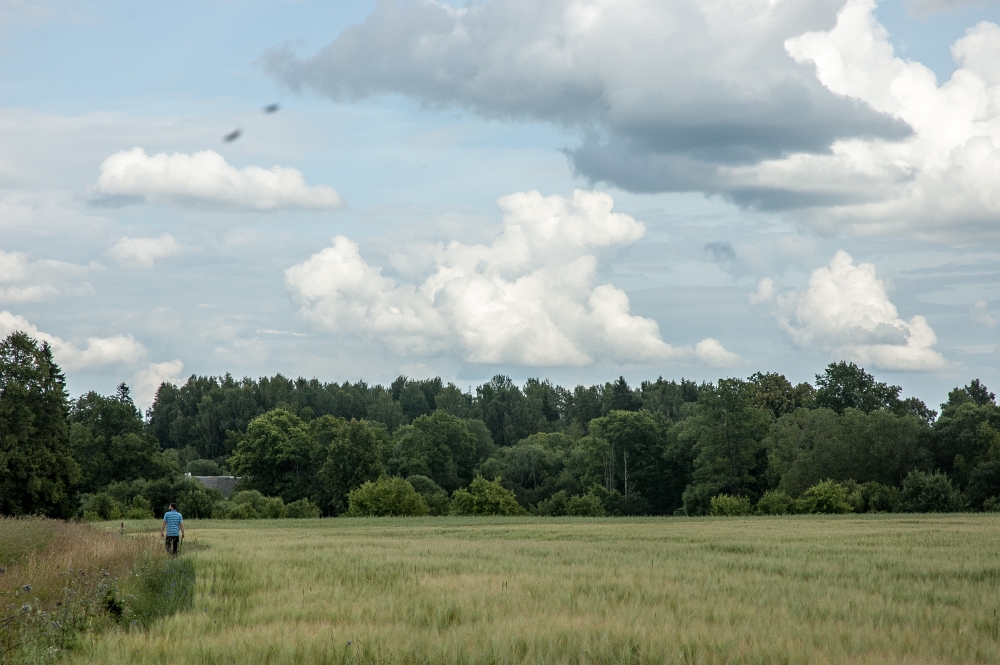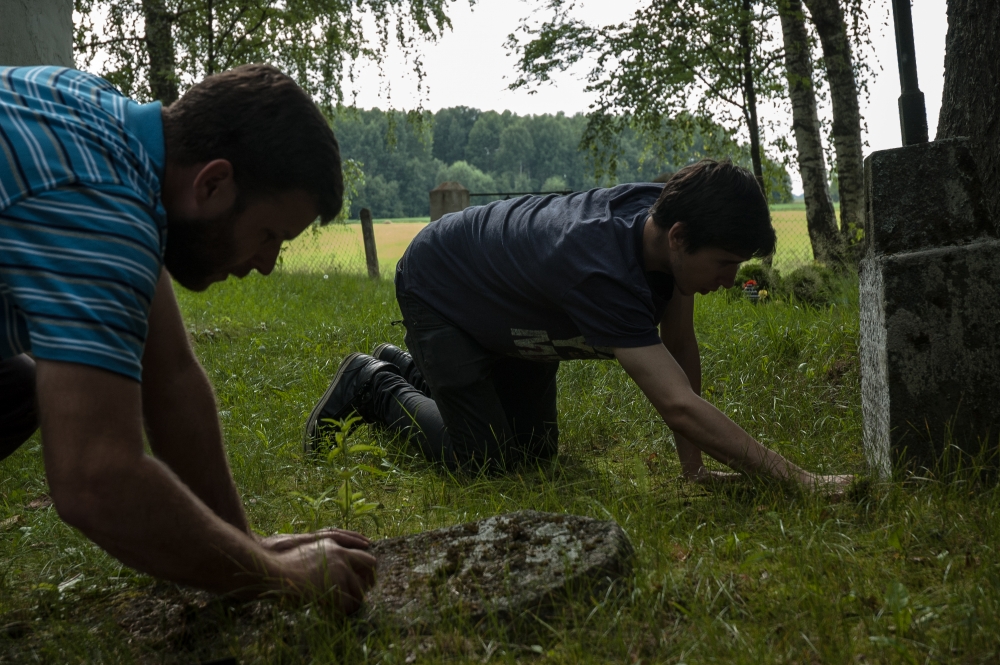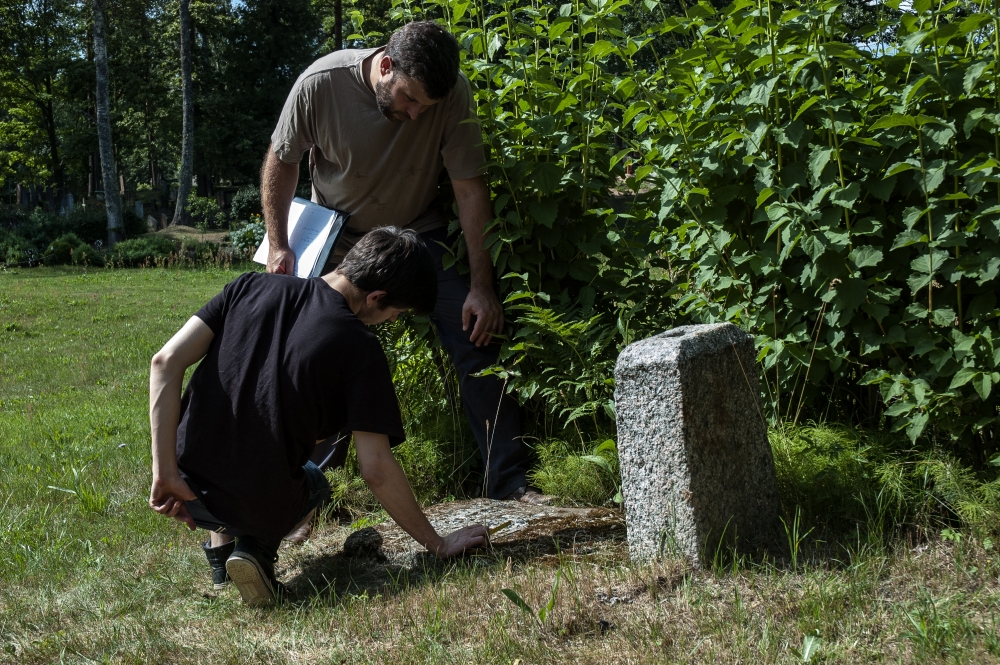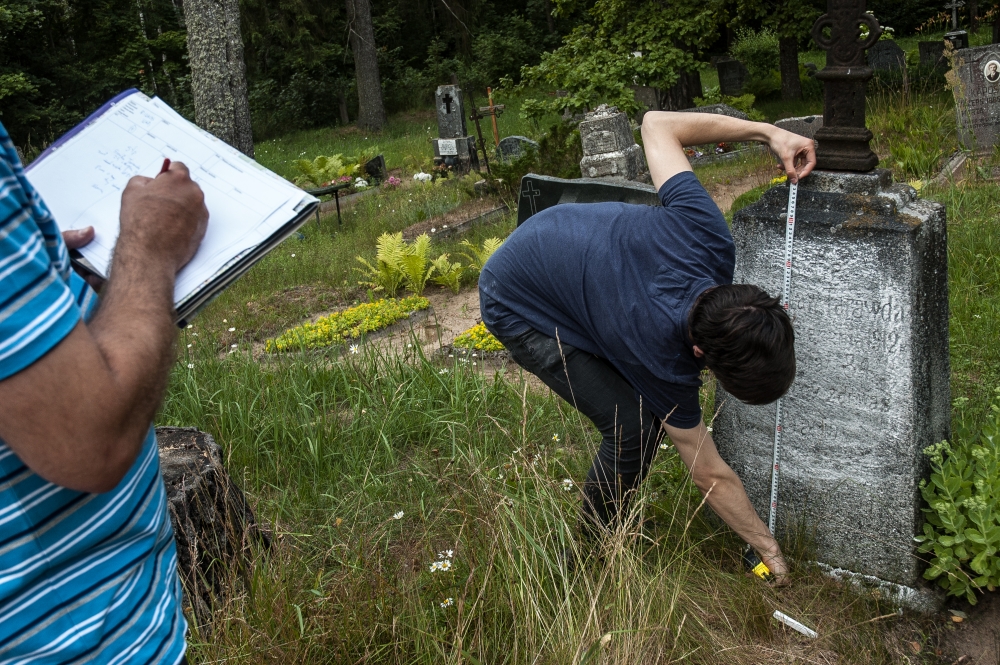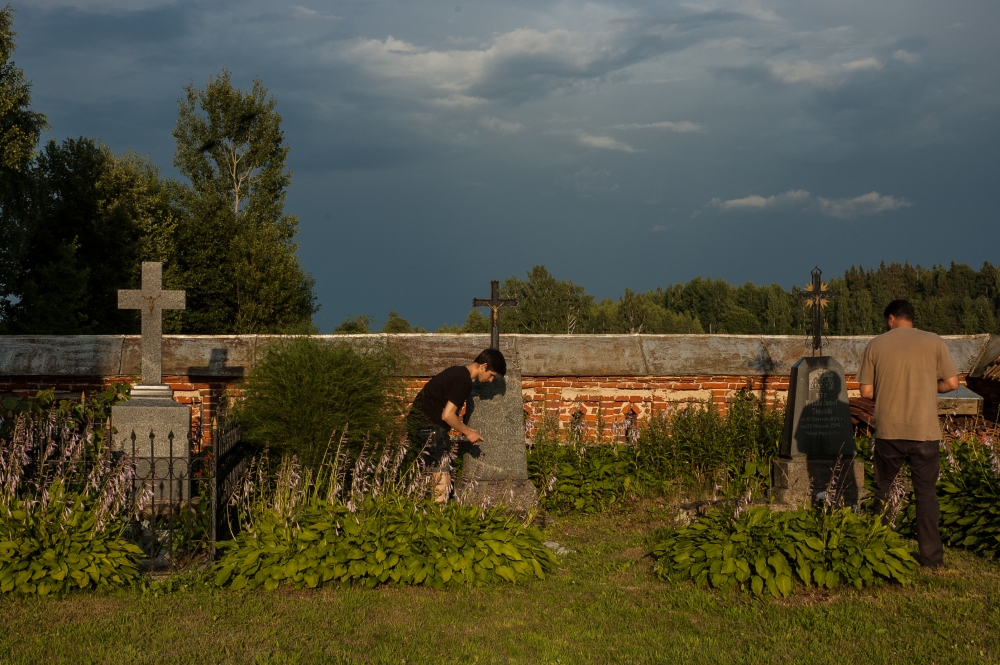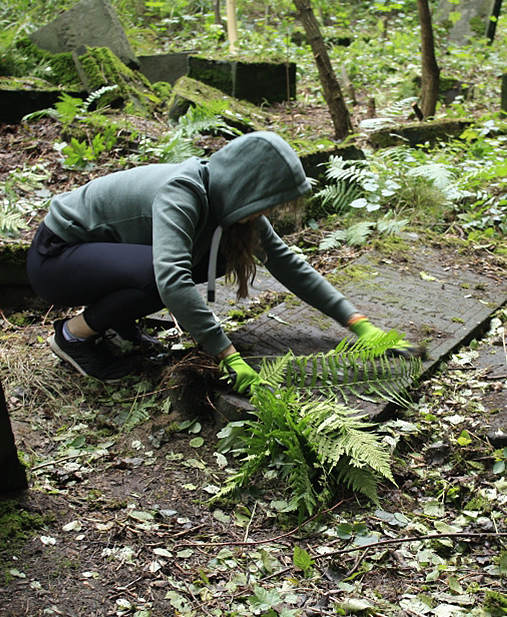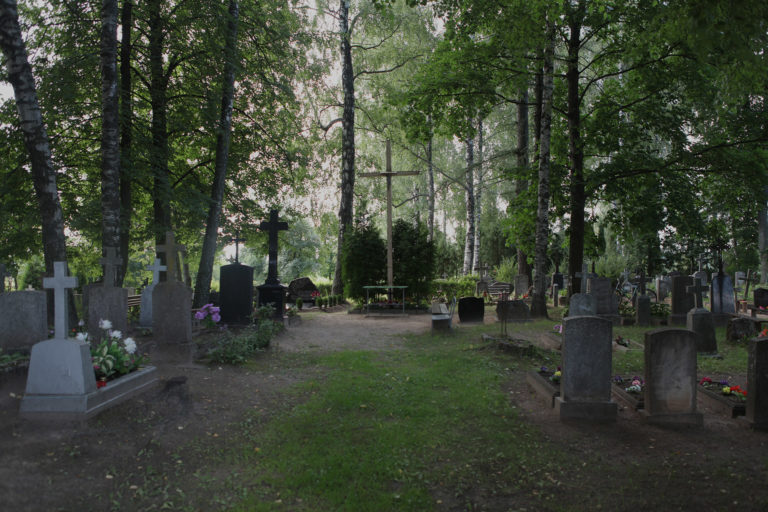o projekcie
In the years 2013 to 2016, the Cultural Heritage Foundation’s partners – including members and supporters of the “Welecja” Academic Corporation – were engaged in a project of inventorying Polish grave markers found in cemeteries of the former Polish Livonia.
All participants of the project volunteered to take part in it. The goal was very ambitious – it was about developing a complete documentation of Polish grave markers from before 1945, including those found at smaller cemeteries. The resulting database was to supplement the documentation developed earlier, during inventorying large cemeteries in Daugavpils, Krāslava, Rēzekne or Riga.
The project had been coordinated since the very beginning by Michał Laszczkowski, PhD, president of the Cultural Heritage Foundation.
At the initial stage of the performed works we managed to inventory memorials found at cemeteries in the Prelska, Daugavpils, and Krāslava regions. There were several site visits involving inspecting and surveying 300 cemeteries and developing inventory record sheets of over 1,500 Polish grave markers.
The project was carried out in collaboration with the Ministry of Culture and National Heritage’s Department of Cultural Heritage. In 2013, it was financed from the BZ WBK Foundation’s resources granted as part of the “Bank of Ambitious Youth” programme, and from private donations.
In 2016, the project of inventorying Polish grave markers found in the former Polish Livonia in Latvia was finished.
Its previous editions took place at cemeteries found in the regions of: Prelska, Daugavpils, Krāslava, Ludza, and Rēzekne. The survey and inventorying works carried out at around 500 cemeteries resulted in over 2,000 record sheets of Polish grave markers from before 1945.
Thanks to the project, the inventory of Polish graves found on the territory of the former Polish Livonia became complete. The documentation of the largest necropolises kept at the Ministry of Culture and National Heritage was supplemented with highly valuable inventory record sheets of graves found at smaller cemeteries.
In 2016, the project was financed by the BZ WBK Foundation as part of the “Bank of Ambitious Youth” programme.
July 2015 marked another edition of the project. It had four inventorying teams participating. The volunteers worked in the regions of Rēzekne and Ludza. They visited 300 cemeteries and found and inventoried over 200 memorials.
This was also the year when the plan to create a virtual map of Polish grave markers in Polish Livonia was devised.
The site visits would not have been possible if not for the support of a number of institutions and people. Special words of gratitude go to the BZ WBK Foundation, who supported the project with an amount of 6,000 zloty, as well as to ANG Spółdzielnia Doradców Kredytowych and the “Będę kim zechcę” Foundation, who not only contributed financially but also provided the inventorying teams with a car to travel. The project was also supported by private donors. Without their donations, the entire undertaking would certainly have not proceeded as it did.
